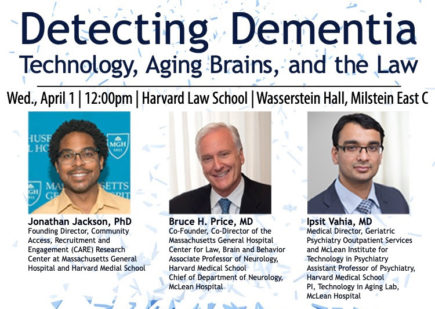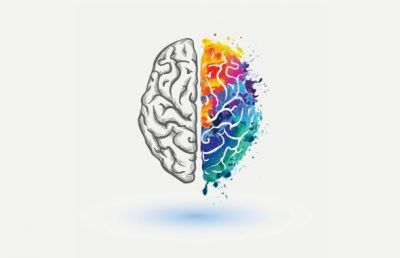Citation: State v. Jones, 2020 WL 3055646 (N.J. Super. Ct. App. Div. May 12, 2020)
Summary: In 1995, Rashon Jones (19-years-old at the time of offense), was convicted of murder and aggravated assault in connection to the death of a former girlfriend. Jones was convicted on these charges for beating his girlfriend to death and was sentenced to life in prison with a 30-year period of parole ineligibility, and a concurrent 10-year sentence (with 5 years of parole ineligibility) on the aggravated assault charges. Jones argued on appeal that his sentence should be vacated and he should be granted a resentencing in light of the neuroscience that underpins Miller, the landmark 2012 Supreme Court case that established special sentencing protections for juveniles. Jones argued that the brain of a 19-year-old was not functionally distinct from that of younger adolescents and as such, the relevant science should be applied in his case. In an unpublished opinion, the court rejected Jones’s argument ruling that Miller facially does not apply to those over the age of 18. Additionally, the court held the age cutoff aside, Jones’s 35-year minimum sentence was not the functional equivalent of life without the possibility of parole. The appellate court affirmed the decision of the lower court to deny resentencing.
Key words: New Jersey, sentencing, LWOP, Miller v. Alabama, adolescent brain science





